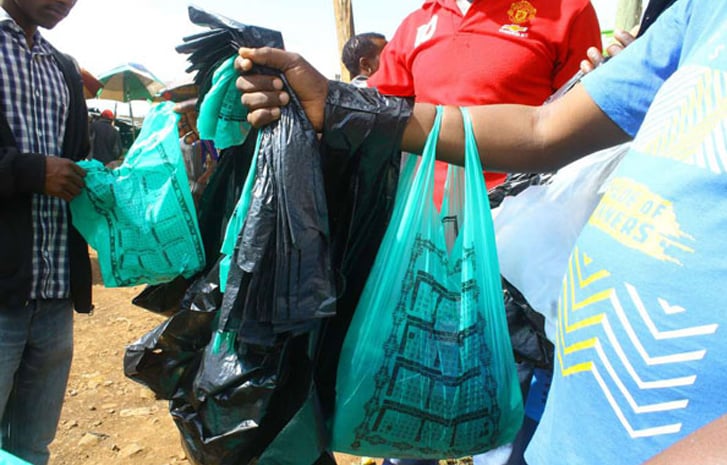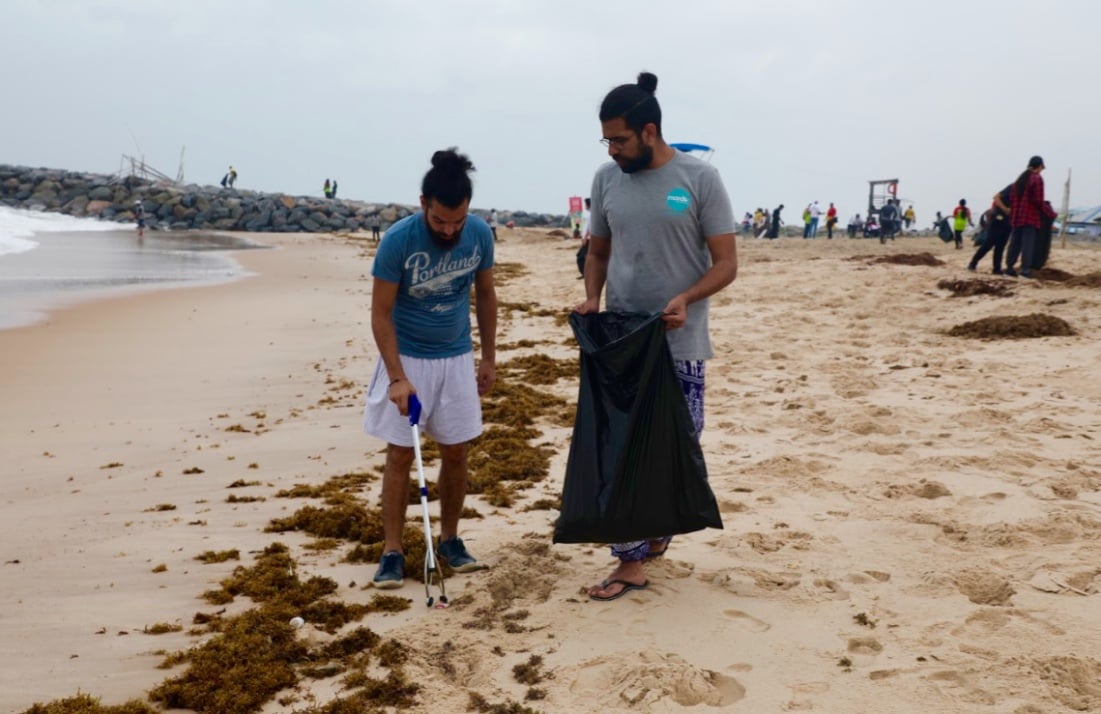Two years ago, the house of representatives passed a bill banning plastic bags in Nigeria. The bill provided a penalty of N500,000 fine or three years jail term for offenders who offer plastic bags instead of paper bags.
Although this bill raised some dust with Nigerians worried about what other alternatives are there to explore, the country justified the decision on the harmful consequences of plastic pollution in terms of the environmental problems affecting the marine environment globally.
Plastic pollution threatens life in the ocean, food safety, human health, and contributes to climate change. With about 80 percent of life on earth found in the oceans, it spans across several ecosystems covering millions of square miles of earth’s surface and supporting over three billion people who gain their livelihoods from it.
Nigeria is a part of this population that depends on the ocean for livelihood. With coastal cities spread across different parts of the country, the need to save Nigerian water bodies from degrading elements like plastic material is essential for maintaining the national economy and development.
Advertisement
TWO YEARS AFTER AND NO ACTION ON THE BILL?
Since May 2019 when the bill was passed by the house of representatives, the senate is yet to do its part to see that the bill is passed into law, and as such, the bill has not been transmitted to President Muhammadu Buhari for assent.
The need for the passing of the bill into law cannot be overemphasised, considering Nigeria’s high burden of plastic pollution and the danger it poses. In Nigeria, plastics have become commonplace in waste, and the problem it causes trickles down, ranging from clogging the drainage system and causing flooding, littering roads and streets, releasing toxic gases into the atmosphere when burnt, thus aiding climate change, settling on water bodies and food.
Advertisement
As the world celebrated the 2021 Environmental Day on June 5, the United Nations says it is time to prevent, halt and reverse the damage to nature — to go from exploiting nature to healing it. This means that the decade is also a time to do away with the ravaging impact of plastic pollution in order to restore life in the ocean ecosystem and on land.
The theme of this year’s celebration, “Reimagine, Recreate and Restore” resonates with the challenge in Nigeria and with the UN Decade on Ecosystem Restoration (2021-2030) — a global mission to revive billions of hectares, from forests to farmlands, from the top of mountains to the depth of the sea.
HOW COMMITTED IS THE GOVERNMENT TO ADDRESSING PLASTIC POLLUTION?
In commemoration of this year’s World Environment Day, the ministry of environment organised a virtual meeting on “Youth Response to Plastic Pollution” in Nigeria. During the event, Sharon Ikeazor, minister of state for environment, said the federal government is committed to ensuring adequate implementation of environmental programmes that will encourage modern waste management practices through the development of national policy on plastic and solid waste management.
Advertisement
In January 2021, the government announced it will join the World Economic Forum’s global plastic action partnership, alongside Indonesia, Ghana, and Vietnam to advance national efforts to fight plastic pollution.
Also, in 2020 the federal executive council, (FEC) approved a policy on plastic waste management which was presented to it by Muhammad Mahmood, the minister of environment. This policy is intended to reduce the litter of plastic waste in the environment and limit the harm to humans and animals, as well as move from a linear economy where raw materials are used for production and discarded afterward — to a circular economy — where finished products can be remade and reused.
Notwithstanding the government’s records or plans, there is a need for a legislative measure in place to not only ensure sustainable solutions, but to get the government to act on its plans and ensure that offenders are punished. As a result, the nation might not make meaningful headway without a legal backing such as that which the plastic bags prohibition bill seeks to provide.
Advertisement
Add a comment






